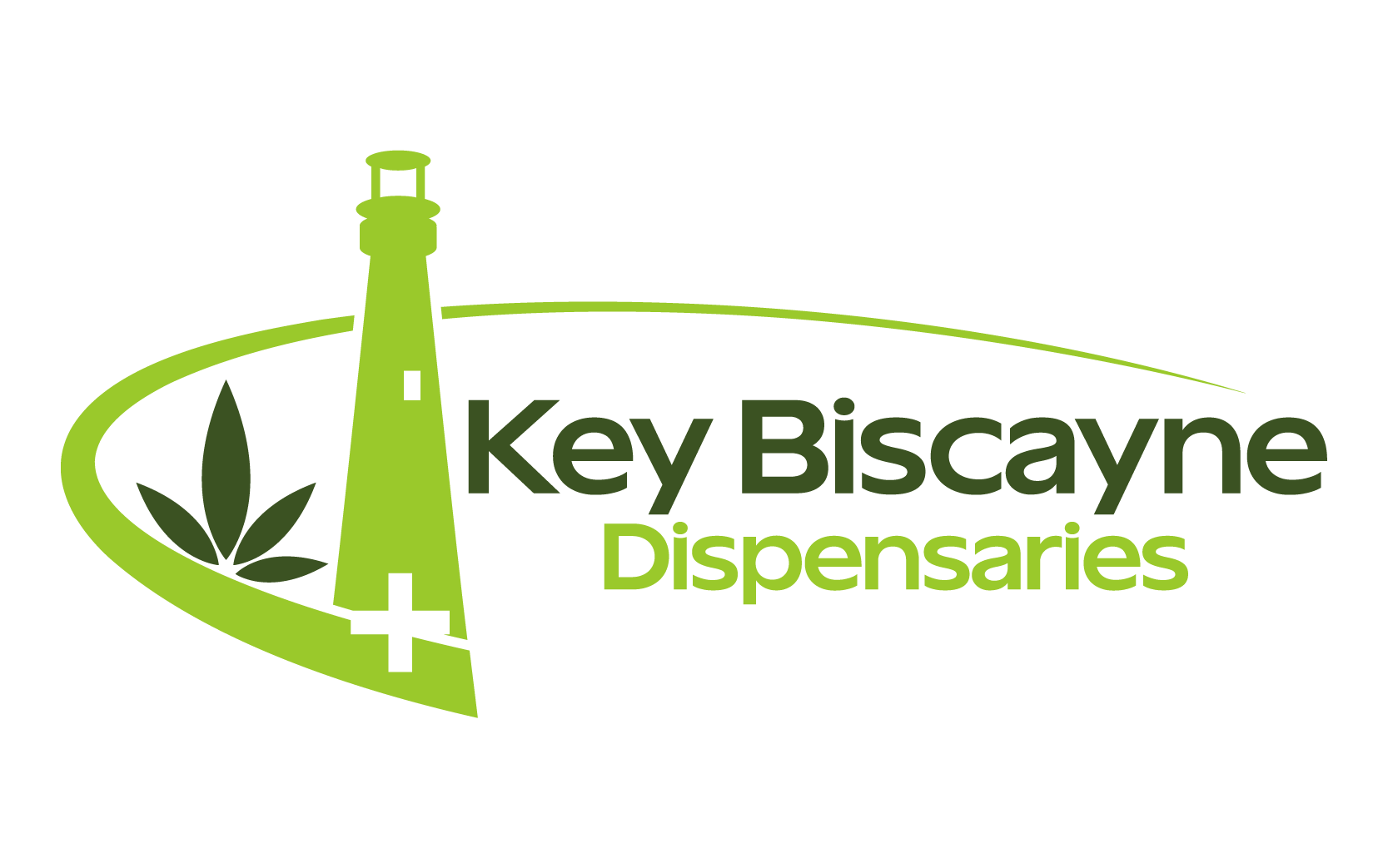The licensing of medical cannabis dispensaries in the United States is governed by a complex framework of state-specific laws, regulations, and protocols. Each state with a medical cannabis program has established its own procedures to ensure that dispensaries operate within legal and safety parameters. This article provides an overview of the general processes involved in obtaining a medical cannabis dispensary license, highlighting key legislative references and protocols.
State-Specific Licensing Frameworks
While the federal government classifies cannabis as a Schedule I substance under the Controlled Substances Act, individual states have enacted laws permitting the medical use of cannabis. Consequently, the licensing process for dispensaries varies significantly across states.
Ohio’s Licensing Process
In Ohio, the Medical Marijuana Control Program (MMCP) oversees the licensing of dispensaries. The program is governed by Chapter 3796 of the Ohio Revised Code, which outlines the establishment and operation of medical marijuana entities.
The licensing process in Ohio involves several key steps:
- Application Submission: Prospective dispensary operators must submit a comprehensive application to the Ohio Board of Pharmacy, detailing business plans, security measures, and compliance strategies.
- Background Checks: Applicants undergo thorough background checks to ensure compliance with state regulations.
- Review and Scoring: Applications are reviewed and scored based on criteria such as business plan viability, security protocols, and financial stability.
- License Issuance: Successful applicants are issued a Certificate of Operation, allowing them to commence dispensary operations.
The Ohio Department of Commerce provides detailed guidance on the application process and requirements.
California’s Licensing Process
California’s Bureau of Cannabis Control (BCC) regulates the licensing of medical cannabis dispensaries under the Medicinal and Adult-Use Cannabis Regulation and Safety Act (MAUCRSA). The licensing process includes:
- Local Approval: Applicants must obtain approval from local jurisdictions, as local governments have the authority to permit or prohibit dispensaries.
- State Application: Following local approval, applicants submit a state license application to the BCC, providing detailed operational plans and compliance measures.
- Compliance Checks: The BCC conducts inspections and reviews to ensure adherence to state regulations.
- License Issuance: Upon successful review, the BCC issues a state license, authorizing dispensary operations.
The BCC’s official website offers comprehensive resources on licensing requirements and procedures.
Common Licensing Requirements
Despite state-specific variations, several common requirements exist across jurisdictions:
- Background Checks: Owners and key personnel typically undergo criminal background checks to ensure compliance with state laws.
- Financial Disclosures: Applicants must demonstrate financial stability and provide detailed financial plans.
- Security Plans: Comprehensive security measures, including surveillance systems and inventory controls, are mandatory.
- Operational Plans: Detailed descriptions of daily operations, staffing, and compliance strategies are required.
- Zoning Compliance: Dispensaries must adhere to local zoning laws, often requiring a certain distance from schools and other sensitive areas.
Legislative References
Key legislative documents governing dispensary licensing include:
- Ohio Revised Code Chapter 3796: Establishes Ohio’s Medical Marijuana Control Program.
- California’s MAUCRSA: Regulates medicinal and adult-use cannabis operations in California.
- State-Specific Statutes: Each state with a medical cannabis program has enacted specific statutes outlining licensing procedures and requirements.
Timely Process
Obtaining a license to operate a medical cannabis dispensary in the United States involves navigating a complex array of state-specific laws, regulations, and protocols. Prospective operators must thoroughly understand and comply with their state’s legislative framework to ensure successful licensure and operation. Consulting official state resources and legal counsel is advisable to navigate the intricacies of the licensing process effectively.


